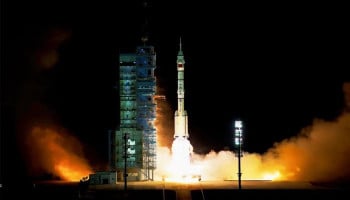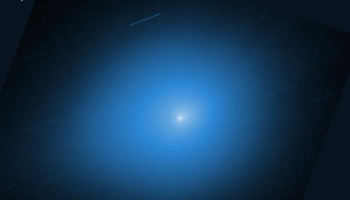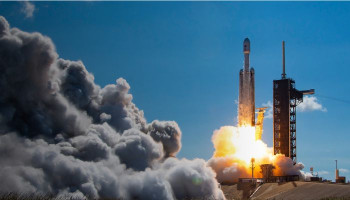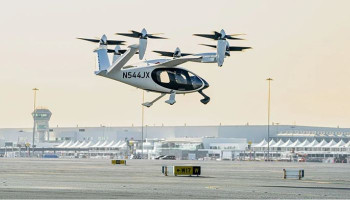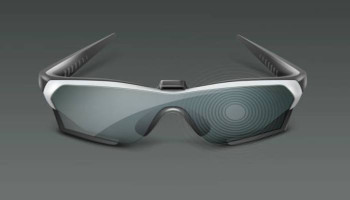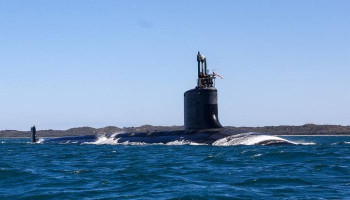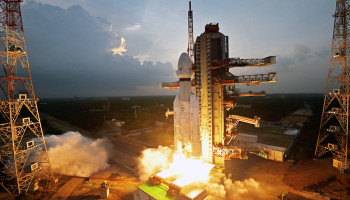
The Boeing Starliner aircraft was scheduled to be launched on May 6 at 10:34pm EDT (0234 May 7 GMT). The launch was the first crewed mission of the Starliner, which was designed to carry astronauts to and from the International Space Station.
The spacecraft was to be launched on an Atlas V rocket from the Cape Canaveral Space Force Station in Florida. The Crew Flight Test (CFT) mission was intended to be the first mission to send astronauts to the International Space Station.
However, the launch was delayed due to a problem with the pressure regulation valve on the Boeing Starliner's rocket ride. The delay was called about two hours before the planned liftoff, with astronauts Butch Wilmore and Sunny Williams already preparing for the launch.
Read more: Taiwan launches its own satellite system to ensure uninterrupted internet access countrywide
The problem was identified as an audible sound from the liquid oxygen relief valve on the Atlas V rocket. Although the crew was never in danger, the launch was delayed to ensure safety. The mission has already faced years of delays and comes at a difficult time for Boeing, which is facing a safety crisis in its commercial aviation division.
NASA is counting on a successful test of Boeing's Starliner to certify a second commercial vehicle to carry crews to the ISS, following SpaceX's Dragon capsule that accomplished the feat in 2022. Once fully operational, NASA plans to alternate between SpaceX and Boeing spacecraft to carry humans to the ISS.





